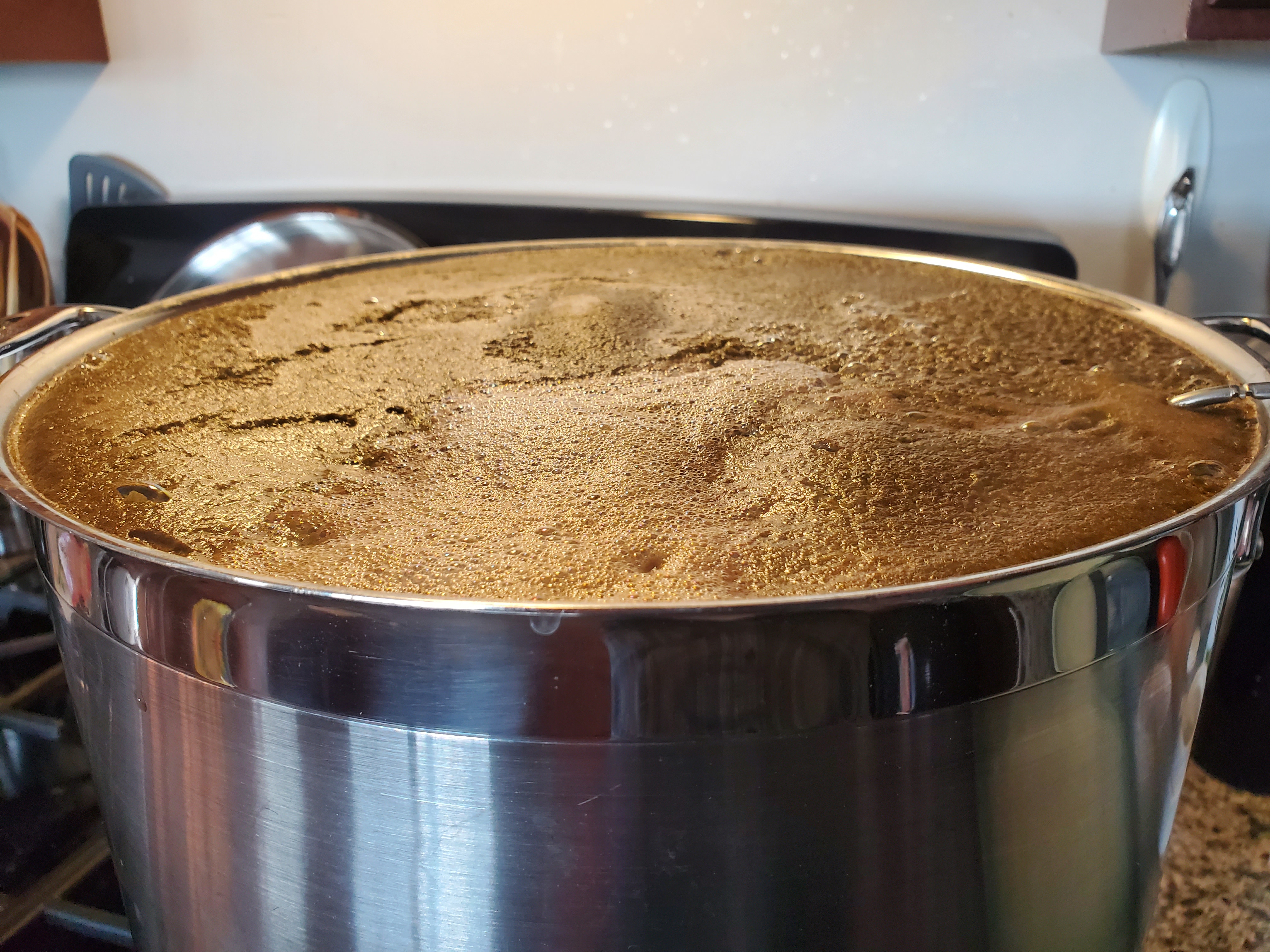I'm sure most of you have heard of First Wort Hopping, but I have a few questions about the technique. I've gotten into brewing lighter beers lately, and FWH seems to be the way to go with Noble hops. The 2 most common explanations I've seen are: replace your 60min bittering charge with FWH, or replace your aroma hops with FWH. I'm wondering what you are all doing? Seems to me like replacing the bittering charge makes the most sense, as you'd still want aroma hops.
I'm thinking of starting this with my next Kolsch, as I know the flavor profile quite well. I think it'd be easier to identify any differences in a beer as I brew as my house beer!
I'm thinking of starting this with my next Kolsch, as I know the flavor profile quite well. I think it'd be easier to identify any differences in a beer as I brew as my house beer!





























![Craft A Brew - Safale S-04 Dry Yeast - Fermentis - English Ale Dry Yeast - For English and American Ales and Hard Apple Ciders - Ingredients for Home Brewing - Beer Making Supplies - [1 Pack]](https://m.media-amazon.com/images/I/41fVGNh6JfL._SL500_.jpg)



























